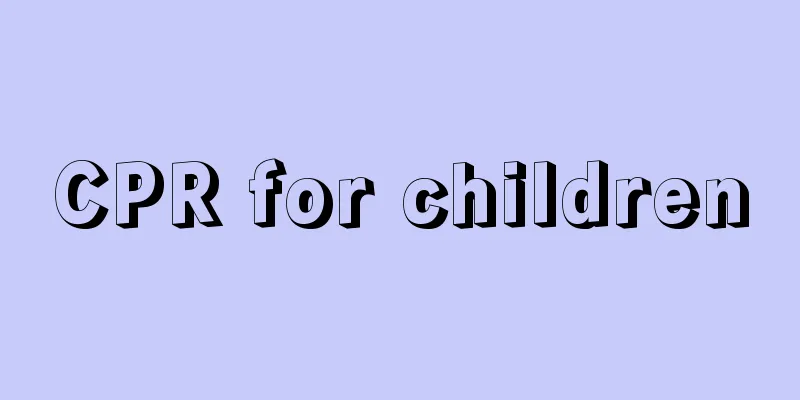What are the symptoms of an unhealthy spleen and stomach in babies?

|
The spleen and stomach functions of infants are usually relatively weak, so you must be very careful when feeding infants. Wrong diet can easily lead to problems with the spleen and stomach of infants. If the spleen and stomach are not good, it will affect the absorption of nutrients and the digestion of food, which will cause many uncomfortable symptoms in infants. For example, constipation is a very common phenomenon. The following are many manifestations of poor spleen and stomach in infants. First, infant spleen and stomach symptoms 1. Poor sleep, prone to crying and being frightened in the middle of the night. 2. Poor appetite, small food intake, picky eater and dislike of staple food. 3. Intestinal motility slows down, bowel movements are blocked, the stool is dry and hard at the beginning and becomes rotten at the end, which is called cold constipation. 4. Sweating during the day, sweating profusely with the slightest movement. 5. Poor spirit, lack of spirit (only in children) the whole face is pale and bluish (lack of spirit) 6. The face is yellow or grayish, with a faint blue vein between the eyes. 7. There is a faint blue glow around the eyes, mouth, philtrum, nose, and forehead (compared to the rosy cheeks) 8. The body is thin, cannot gain weight or grow taller, or is bloated, fat but weak. 9. Feeling sleepy easily, sleeping in class, getting tired easily, and not liking to exercise (it is better for children who have sufficient Yang energy and like to move around). 10. Weak people who are prone to catching colds, children with chronic diseases such as chronic cough, allergic rhinitis, etc. The spleen and stomach are the foundation of acquired constitution. There are many reasons why children's spleen and stomach become weak and cold, mainly due to unhealthy lifestyle and eating habits. Children's spleen and stomach deficiency and weakness can lead to a series of consequences, the most important of which is that it affects development or causes various chronic diseases such as allergic rhinitis and asthma from an early age. So if the child has already shown symptoms and manifestations of weak spleen and stomach, what should parents do? If prevention can be done early, it is not difficult to change a child's physique by paying attention to lifestyle! Second, the symptoms of poor gastrointestinal function in babies Since babies cannot express themselves, we can only judge their symptoms through observation: 1. Loss of appetite. If you find that your baby has abnormal eating habits, such as loss of appetite, or even vomiting and regurgitation of milk, it proves that there is a problem with the baby's stomach and intestines. 2. Bad breath. When the stomach and intestines are not in good condition, food will be retained in the esophagus and difficult to be discharged, which will cause symptoms of bad breath. 3. Abdominal pain. When a baby has abdominal pain, he or she will cry because he or she cannot express it. Therefore, you should pay more attention when the baby cries unreasonably. 4. Foul-smelling stool. Under normal circumstances, the baby's stool will be easier to pass. When there is constipation or foul-smelling stool, it is likely due to gastrointestinal discomfort. Third, what should babies eat if they have stomach problems? When your baby has a bad stomach, you should pay special attention to his diet and eat more foods that are good for the stomach: 1. Increase vitamins. You can eat foods and fruits high in vitamins, such as carrots, apples, pasta, etc. These can supplement the body's nutrition and effectively promote gastrointestinal function. 2. Easily digestible food. Easily digestible foods can help balance the diet, protect the stomach and intestines, and supplement the protein and heat energy needed by the body, such as milk, eggs, soy milk, fish, lean meat and other foods. 3. Porridge. As we all know, porridge is the best medicine during illness. It can not only nourish the stomach and spleen, but also help digestion. You can feed your baby millet porridge, corn porridge, lotus seed porridge, and yam porridge, which can keep out the cold, provide nourishment, and cure diseases. |
<<: How to treat diarrhea in children
>>: What can I do to make my child’s dark face white?
Recommend
How tall is normal for a two-month-old baby?
Babies are very important to every family. The bi...
How to deal with a baby's cold and fever
It is a very normal phenomenon for babies to have...
Is it okay for the baby to take a bath every day?
Babies have naturally soft skin, and due to their...
The baby suddenly has a fever without any symptoms
Because babies' bodies are not fully develope...
What to do if your baby has a fever
The degree of fever in babies varies. Parents sho...
Can newborns be constipated?
Constipation refers to decreased frequency of bow...
What is groin pain in children?
Everyone should know that groin pain in children ...
What should children not eat when they have measles?
Measles in children is mainly caused by bacterial...
What is the reason for a baby girl's chest lump?
The body of a baby is in a normal development and...
Is hernia in children easy to treat?
Hernia is a disease that often occurs between chi...
What are the dangers of low testosterone in children?
If a child has low testosterone, the first thing ...
What are the symptoms of severe pneumonia in children?
Because infants and young children are relatively...
Does activated charcoal have any effect on children?
When it comes to activated carbon, most people ar...
At what age do children start to grow hair?
As we all know, growing sweat hair is a very norm...
What are the benefits of physical exercise for students?
Physical exercise refers to some physical movemen...









